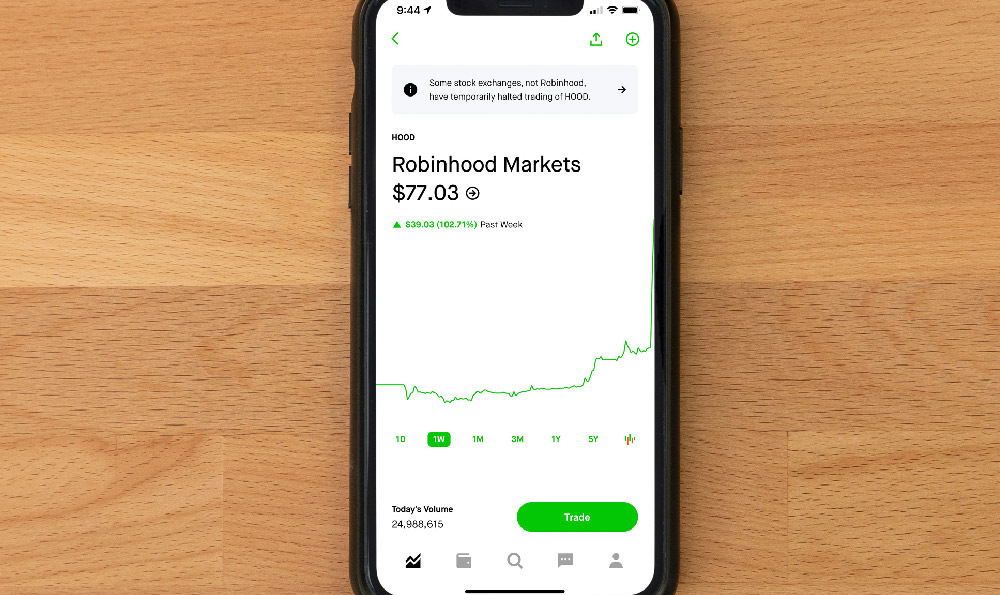Formula 1 drivers, the gladiators of the asphalt, operate at the pinnacle of motorsport, pushing themselves and their machines to the absolute limit. Their bravery, skill, and unwavering focus captivate millions worldwide. But behind the glamour and the roar of the engines lies a complex financial landscape. How much do these athletes earn, and more importantly, is it enough considering the immense pressure, risk, and dedication demanded by the sport?
The answer to the first part of that question is, predictably, it varies wildly. At the very top, world champions like Max Verstappen and Lewis Hamilton command salaries that dwarf those of many other elite athletes across different sports. These figures, often reported in the tens of millions of dollars annually, represent not just payment for driving, but also reflect their marketing value to their teams and the sport as a whole. These drivers are global icons, and their presence on the grid generates significant revenue through sponsorships, merchandise sales, and television viewership. Their salary is a testament to their proven ability to consistently deliver results and attract a massive following.
However, the financial playing field is far from level. Drivers further down the pecking order, particularly those early in their careers or those driving for smaller, less competitive teams, earn significantly less. While still a substantial sum compared to the average professional, their salaries might be in the low millions or even hundreds of thousands. This is a crucial distinction to make, as it highlights the financial disparity within the sport itself. A rookie driver striving to prove their worth, facing immense pressure to perform, might be earning a fraction of what a seasoned veteran takes home.

Furthermore, the base salary is often just one component of a driver's overall income. Performance-based bonuses are a common feature of F1 contracts. These bonuses can be tied to a variety of achievements, such as race wins, podium finishes, championship points scored, and even specific performance benchmarks set by the team. A driver consistently exceeding expectations and delivering strong results can significantly augment their earnings through these bonuses. This incentivizes performance and aligns the driver's financial interests with the team's goals.
Beyond salary and bonuses, endorsement deals represent another lucrative revenue stream for many F1 drivers. Their global visibility and association with speed, technology, and precision make them attractive targets for brands across various industries. From luxury watch manufacturers to energy drink companies, drivers often secure lucrative endorsement deals that further boost their earnings. The value of these endorsements is directly proportional to the driver's success and popularity. A world champion naturally commands higher endorsement fees than a driver struggling to break into the points.
Now, addressing the more subjective question of whether it is "enough," the answer becomes more nuanced. From a purely financial perspective, even the lowest-paid F1 drivers are earning significantly more than the vast majority of the global population. However, considering the context of their profession, the argument for higher compensation becomes compelling.
The risks inherent in F1 are undeniable. Drivers routinely push their cars to speeds exceeding 200 mph, navigating treacherous corners with minimal margin for error. The consequences of a mistake can be catastrophic, ranging from serious injury to, in the worst-case scenario, death. While safety standards have improved dramatically over the years, the underlying danger remains a constant presence. The mental fortitude required to manage this risk on a weekly basis is immense, demanding unwavering focus and a willingness to put oneself in harm's way.
Furthermore, the physical demands of F1 driving are incredibly taxing. Drivers experience immense G-forces, pushing their bodies to the absolute limit. They undergo rigorous training regimes to maintain the necessary strength, stamina, and reaction time. The travel schedule is relentless, requiring them to spend a significant portion of the year away from their families and homes. The pressure to perform under intense scrutiny, both on and off the track, can take a toll on their mental and emotional well-being.
The investment drivers make in their careers is also substantial. Many begin karting at a young age, requiring significant financial support from their families to cover the costs of equipment, travel, and coaching. The path to F1 is long and arduous, requiring years of dedication, sacrifice, and relentless pursuit of excellence. Only a tiny fraction of aspiring racers ever make it to the top, highlighting the exclusivity and competitiveness of the sport.
In conclusion, while F1 drivers, particularly those at the top, earn substantial incomes, the question of whether it is "enough" depends on one's perspective. Considering the inherent risks, physical and mental demands, and the immense investment required to reach the pinnacle of motorsport, a strong case can be made that their compensation is justified. The financial disparities within the sport itself are a more pressing issue, raising questions about fairness and opportunity for drivers further down the grid. Ultimately, the value placed on the skills, dedication, and bravery of these athletes is a reflection of the global fascination with speed, competition, and the unwavering pursuit of excellence. The sport is a high-stakes business and the driver is arguably the biggest asset. Their market value reflects this.












